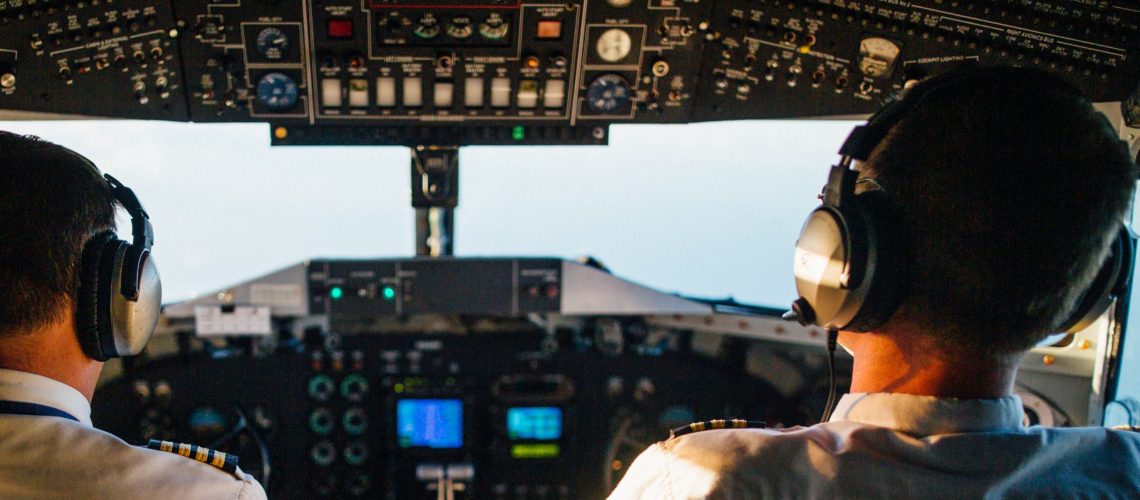The Court of Cassation recently issued a decision with respect to the liability of a pilot in the context of a flight that did not give rise to any compensation.
Facts
In the case at hand, a private pilot took several passengers on board an aircraft owned by a local aeroclub for a round trip. The aircraft crashed and the pilot and all of the passengers lost their lives. The daughter of one of the passengers took action in the local courts against the pilot’s heirs (and insurers) to have him held liable and to seek damages.
The flight was described as a « free flight » in the sense that the pilot did not ask for any compensation. This point proved highly relevant in the Court of Cassation’s reasoning.
Bordeaux Court of Appeal
The Bordeaux Court of Appeal held that the pilot’s widow had to indemnify the passenger’s family on the grounds that:
– the flight did not qualify as an « air transport » within the meaning of the Code of Transport; and
– the liability of the pilot was established under the first paragraph of article 1384 (renumbered 1242) of the Civil Code, which governs tort liability.
Court of Cassation
The Court of Cassation reformed the decision of the Bordeaux Court of Appeal on the basis that the flight did qualify as « air transport » under article L322-3 of the Civil Aviation Code (now article L6421-4 of the Code of Transport), despite the fact that the departure point and the arrival point were meant to be the same. As a result, the Court of Cassation held that the flight was subject to the Warsaw Convention 1929. Accordingly, the plaintiff had to demonstrate that the pilot committed a fault.
Comment
The case will be heard by another court of appeal following the Court of Cassation’s decision and the plaintiffs will thus have to demonstrate that, in the case at hand, the pilot committed a fault (rather than mere negligence).
The fact that the flight was not operated for compensation played a key role in deciding on the liability regime. Indeed, under article L6421-4 of the Code of Transport, an air transporter carrying out a free-of-charge flight may be held liable (for an accident) only if it can be demonstrated that it committed a fault that caused the accident. On the other hand, the liability of a person conducting an air transport for hire or remuneration is governed by the Warsaw Convention 1929 (now the Montreal Convention 1999), which provides for a presumption of fault of the transporter.
At a time when non-commercial flights on small propeller or turboprop aircraft are becoming increasingly popular, these considerations should be kept in mind.


